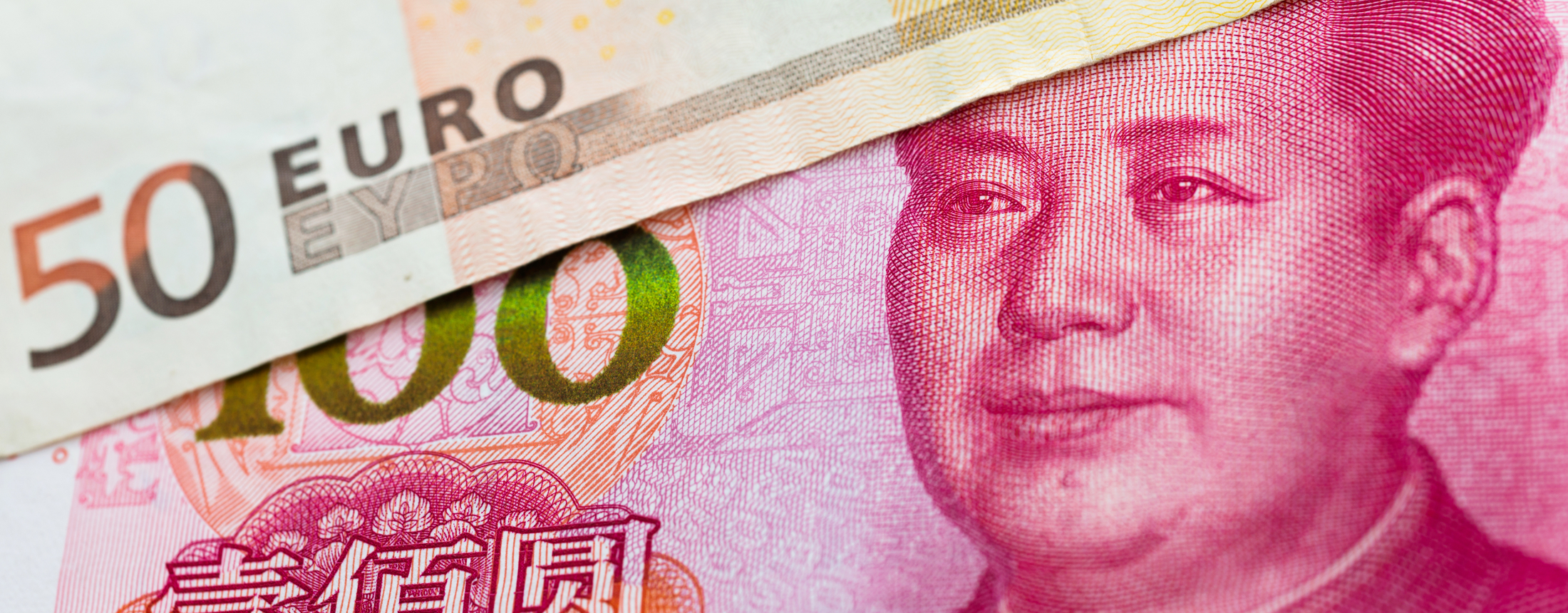The challenge
China has the second largest economy in the world, with its currency the Renminbi (RMB) continuing to gain market share. The foreign exchange market in China onshore is liberalised and on short termed currency products very liquid. MUFG is one of the 14 market makers of the People's Bank of China's (PBOC) central parity exchange rate, having begun operations in China in 1958, and has continued to support clients in the region ever since.
EDF is a world leader in the electricity sector, having been active for more than 30 years in China, and one of the largest foreign investors in the energy sector. MUFG has a longstanding relationship with the global corporation, including a relationship in China since 2014.
Changes to legislation in order to relax regulatory restrictions has meant more multinational companies are able to manage to transfer funds in and out of China, which has also increased numbers of cross currency swaps executed on the back of those fund flows. However, long termed FX trades, with tenors above three years, are still a challenge for some banks. As such, liquidity in this segment of the market can sometimes get relatively tight.
A bank which executes such a swap needs to accept long term market risk versus its counterparty for an onshore swap solution to be feasible; this means the subsidiary of the multinational corporation needs to be financially strong and for all documentation to be completed at subsidiary rather than parent level, creating an extra layer of complexity.
Execution
The 5-year cross currency swap had a nominal value of EUR52m, and was for MUFG and EDF the first transaction of this kind to be executed in China, onshore.
In the latter half of 2019, MUFG's Global Markets China team and Relationship Management team began discussions with EDF China on the possibility to swap a shareholder loan from EDF SA, France, to EDF China, from EUR currency to CNY. Over a number of months, MUFG and EDF harnessed expertise globally and worked closely with each other, both at parent and local levels. The hurdles associated with this need to work across jurisdictions created several challenges in regards to timing. Within a short time frame, MUFG and EDF worked internationally to set up a market risk line, enter documentation needed for this transaction, get local regulators' approval for shareholder loans and set up the special foreign debt accounts which are required by regulation to receive funds locally to be able to execute cross currency swap onshore.
Results
With China's economic momentum continuing into 2020 and more companies looking to the country as a strategic hub, this landmark transaction will undoubtedly open the door to an increasing interest from multinational corporations for onshore cross currency swap deals in China. With increasing liquidity and an uptick in pricing competitiveness, for companies that have substantial operations in China onshore and frequent cross border fund flow, this is an area which will be of particular importance. Going forward, MUFG's strong Global Markets team will continue to serve clients by pioneering innovative solutions made possible by the expertise in each of the markets in which the Group operates.


